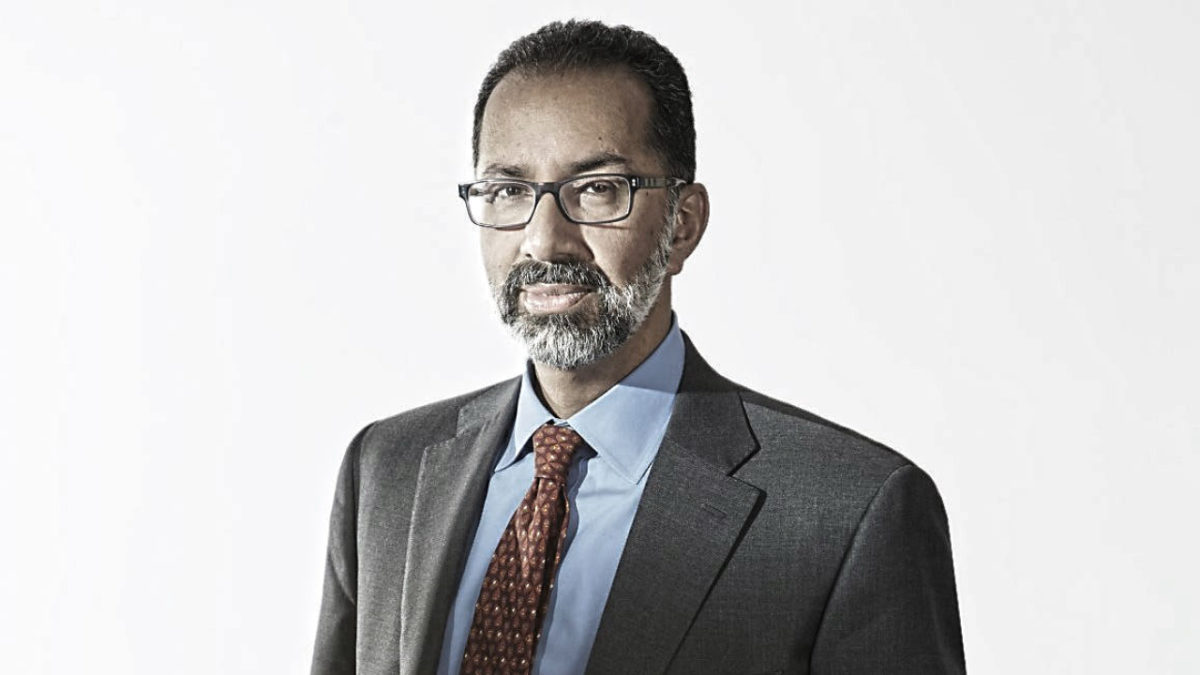SSGA to push big firms on ESG, stays mum on merger
State Street Global Advisors will sharpen its ESG efforts on climate change and corporate racial diversity in 2021, adopting a more activist approach with investee companies.
In a letter to major global corporations this month (January 11), Cyrus Taraporevala, SSGA chief, says the US$3.1 trillion manager will use its financial clout to pressure companies to tackle climate change and improve racial diversity at both board and employee levels.
Taraporevala says, in particular, SSGA plans to ramp up its focus on racial and ethnic diversity with new share-voting policies to be rolled out over the next couple of years.
This year, the investment firm will vote against corporate chairs in the S&P 500 and FTSE 100 “that do not disclose the racial and ethnic composition of their boards”, he says.
As of next year, SSGA will expand its negative proxy voting policy to chairs of companies in the two global indices that fail to disclose employee racial information in formal surveys or “that do not have at least 1 director from an underrepresented community on their boards”
“The preponderance of evidence demonstrates clearly and unequivocally that racial and ethnic inequity is a systemic risk that threatens lives, companies, communities, and our economy – and is material to long-term sustainable returns,” Taraporevala says.
Meanwhile, the rumour mill ran hot in the US last month following the appointment by SSGA’s parent, State Street Corp, of Goldman Sachs to look at a new strategy for the funds management arm, including divestment or merger.
The widely reported rationale is that State Street Corp is looking to set itself apart by concentrating on its strong global position in asset servicing and technology-orientated services rather than the hyper-competitive world of asset management. Neither State Street Corp nor SSGA has commented on the talk.
With SSGA’s latest news, the manager has also committed to resetting the racial balance in its own house “including tripling our Black and Latinx leadership and increasing our spend with minority businesses over the next three years”.
While the manager has engaged with companies on climate change issues since 2014, adding new reporting requirements over subsequent years, Taraporevala says in 2021 “we will focus on specific companies especially vulnerable to the transition risks of climate change”.
“Further, we will continue our ongoing engagement with companies in other sectors that, while not as carbon intensive, also face risks such as the physical impacts of climate change,” he says.
The letter says mounting evidence shows ESG is increasingly associated with better financial performance and resilience, including during the COVID-19 crisis.
“As long-term investors, we will always take a broad view of sustainability as it relates to better business outcomes,” it says. “While none of us knows with certainty how the new year will unfold, we continue to believe that working with boards such as yours on a range of environmental, social, and governance best practices will help create a more resilient, sustainable, and inclusive future for companies, economies, and societies.”
– David Chaplin and Greg Bright









